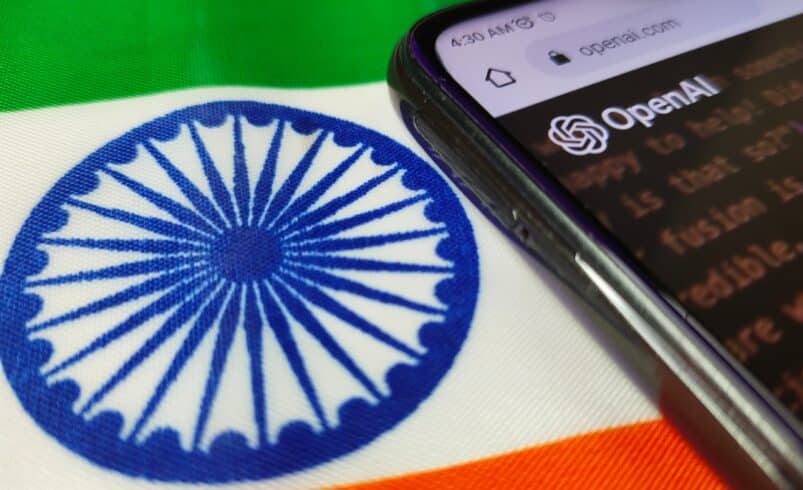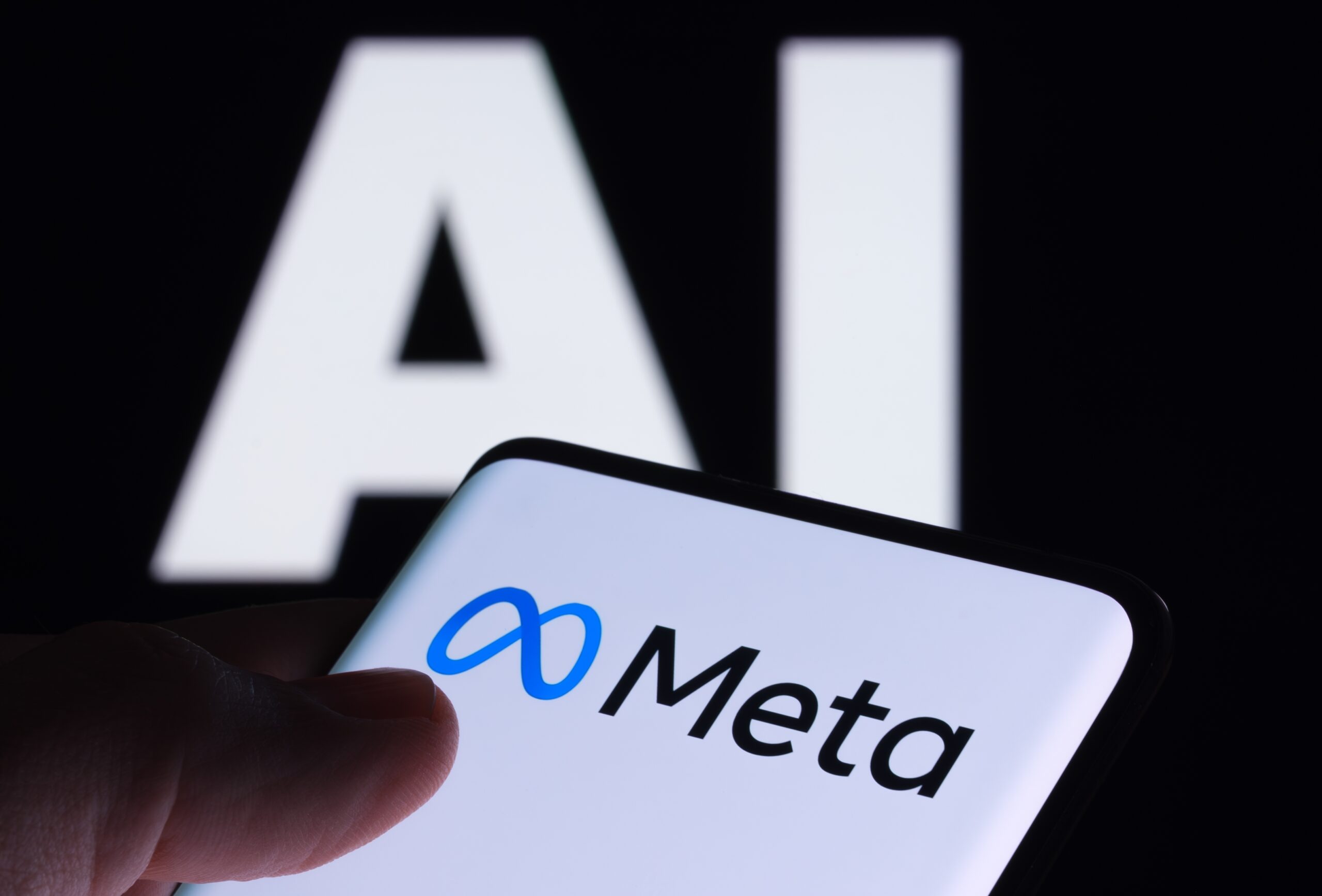Indian Elections Grapple with Surge of AI-Generated Misinformation

Key Insights:
- AI-generated avatars are misrepresenting facts in Indian elections, complicating fact-checking efforts and blurring the lines between real and fake.
- The lack of strict regulations on AI and deepfakes allows misuse in political campaigns, leading to misinformation and unethical practices.
- As AI technology advances, the Indian government is starting to implement controls, but effectiveness and enforcement remain inconsistent.
The integration of artificial intelligence in political campaigns has revolutionized the way elections are conducted in India. From personalized campaign messages in various languages to digital avatars representing political figures, the tools for voter engagement are evolving rapidly. However, this technological advancement brings with it a host of challenges, particularly in the realm of misinformation and the manipulation of media.
The Rise of Deepfakes in Election Campaigns
The 2024 general elections in India witnessed an unprecedented use of AI-generated content. Fact-checkers have pointed out instances where avatars and voice clones have been used to mislead the public. One notable case involved the use of a digitally created avatar of Duwaraka, a deceased individual, who appeared in a YouTube stream advocating for political causes. This instance highlighted the deep emotional and political implications of such technology.
Moreover, the elections saw creative but potentially misleading uses of AI, with manipulated images and videos of key political figures circulating widely on social media platforms. This phenomenon was not limited to obscure creators; prominent figures and parties were also implicated, sometimes unwittingly, when their images or altered speeches were shared without their consent.
Legal and Ethical Concerns
Despite the growing prevalence of AI in politics, India currently lacks comprehensive regulations to govern the ethical use of these technologies. Incidents in which Bollywood celebrities Ranveer Singh and Aamir Khan were unwittingly featured in deepfake videos endorsing political parties underscore the urgent need for legal frameworks. The police response, including the arrest of individuals linked to doctored videos, points to a piecemeal enforcement approach that experts argue is insufficient to address the scale of the issue.
The potential for AI to be used for more sinister purposes was also revealed in requests received by AI creators for the production of damaging or explicit content against political rivals. These requests highlight a dark side of campaign strategies where technology can be used to harm reputations rather than foster informed debate.
Government and Industry Responses
The Indian government has taken steps to control the misuse of AI technologies, particularly after controversies such as the response from Google’s Gemini chatbot to politically sensitive questions. The Ministry of Information Technology has imposed restrictions on the deployment of new AI tools without explicit government approval, emphasizing the need to maintain electoral integrity.
However, the measures have been criticized as reactive rather than proactive, with calls for more robust, comprehensive legislation that would not only penalize misuse but also promote transparency and accountability in the use of AI in public discourse. The tech industry, on the other hand, has largely been left to self-regulate, a situation that some experts deem inadequate given the stakes.
Challenges in Combating Misinformation
Fact-checkers and media watchdogs face challenges in countering the spread of AI-generated misinformation. The speed at which false information propagates vastly outstrips the dissemination of corrections, a discrepancy that can alter public perception and influence electoral outcomes. The mainstream media, too, has been implicated in inadvertently spreading AI-generated content, compounding the challenge of maintaining factual integrity in public discourse.
The absence of explicit regulations or robust mechanisms to verify and authenticate digital content before it reaches the public adds another layer of complexity to the issue. As technology continues to advance, the gap between creating sophisticated fake content and the ability to detect it also widens, posing continuous challenges to maintaining a truthful political dialogue.
Editorial credit: ECO LENS / Shutterstock.com
DISCLAIMER: It's essential to understand that the articles on this site are not meant to serve as, nor should it be construed as, advice in legal, tax, investment, financial, or any other professional context. You should only invest an amount that you are prepared to lose, and it's advisable to consult with an independent financial expert if you're uncertain. To obtain more information, kindly examine the terms of service and the assistance and support resources made available by the issuing or advertising entity. Our website is committed to delivering accurate and unbiased news, yet it's important to note that market conditions may change rapidly. Also, be aware that some (but not all) articles on our site are compensated or sponsored.








